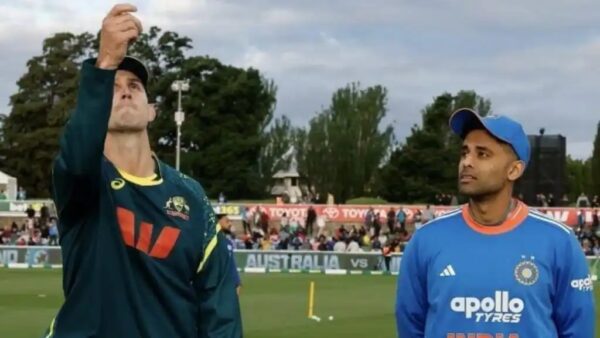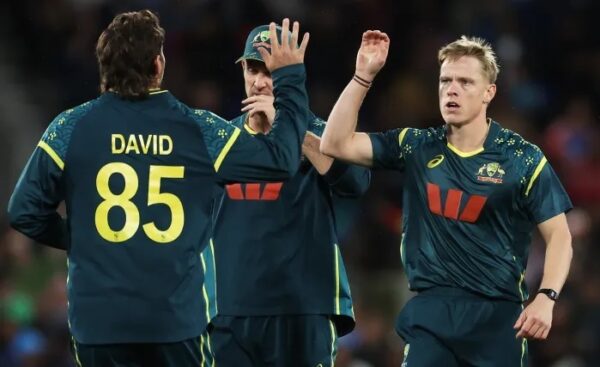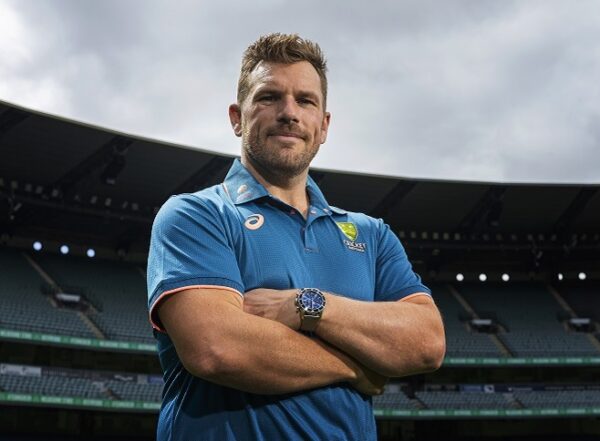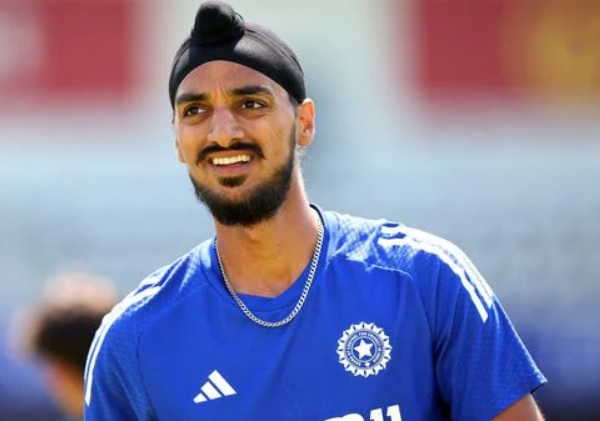The Indian cricket team led by Suryakumar Yadav got defeated by 4 wickets by Australia in the second T20I and many experts of the game have suggested different measures so that the Indian team can make a comeback in the third T20I.

The match was played at the Melbourne Cricket Ground and after India’s tough loss, the former Australian captain Aaron Finch shared his thoughts on what went wrong and what could change in the next game. He believes India will likely bring back left-arm pacer Arshdeep Singh for the third match in Hobart, calling his return “almost certain”.
India’s innings never really got going after Josh Hazlewood ripped through the top order with figures of 3 for 13, leaving the visitors reeling at four wickets down inside the powerplay. Despite a determined 68 from Abhishek Sharma, the team could not rebuild and were dismissed for just 125 in 18.4 overs. Australia made light work of the chase, winning by four wickets with 40 balls remaining to take a 1–0 lead in the five-match series.

Aaron Finch suggested that India’s team balance might need some rethinking. He explained that sometimes packing the lineup with too many batters can backfire, as it spreads out the sense of responsibility. In his view, a slightly leaner batting setup often encourages players to take greater accountability. He added that India’s current focus is clearly on finding the right formula ahead of the T20 World Cup and this series is part of that experimentation process.

Reflecting on India’s bowling, Aaron Finch felt they did not have enough runs to defend despite some promising moments. He praised Jasprit Bumrah’s opening over which troubled the Australian openers but noted that Harshit Rana faced heavy hitting from Travis Head early on, followed by Mitchell Marsh later in the innings. Aaron Finch believed that even an extra 20–25 runs could have made the contest more competitive.
He also spoke highly of Abhishek Sharma’s innings, calling it one of his most composed performances. Aaron Finch admired the way Abhishek handled pressure but pointed out that rotating the strike with the lower order could have been better. According to him, lower-order batters tend to go for big shots rather than singles and that made it harder for Abhishek to keep the scoreboard ticking. He credited Australia’s captain Mitchell Marsh for smartly setting the field to keep Abhishek away from strike during crucial moments.

As India prepares for the next match in Hobart, Aaron Finch’s insights highlight two key takeaways, the importance of maintaining balance in the lineup and capitalising on batting opportunities, especially when conditions are tough.
Will India include Arshdeep Singh in the playing XI for the next match? What do you think?




